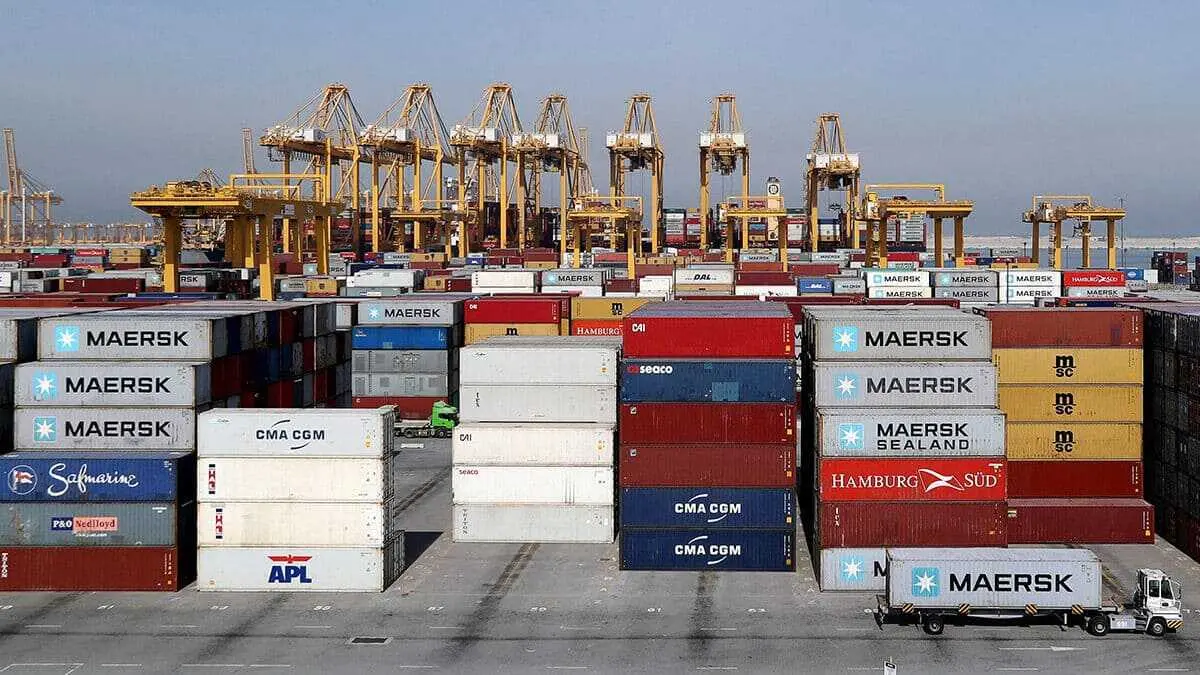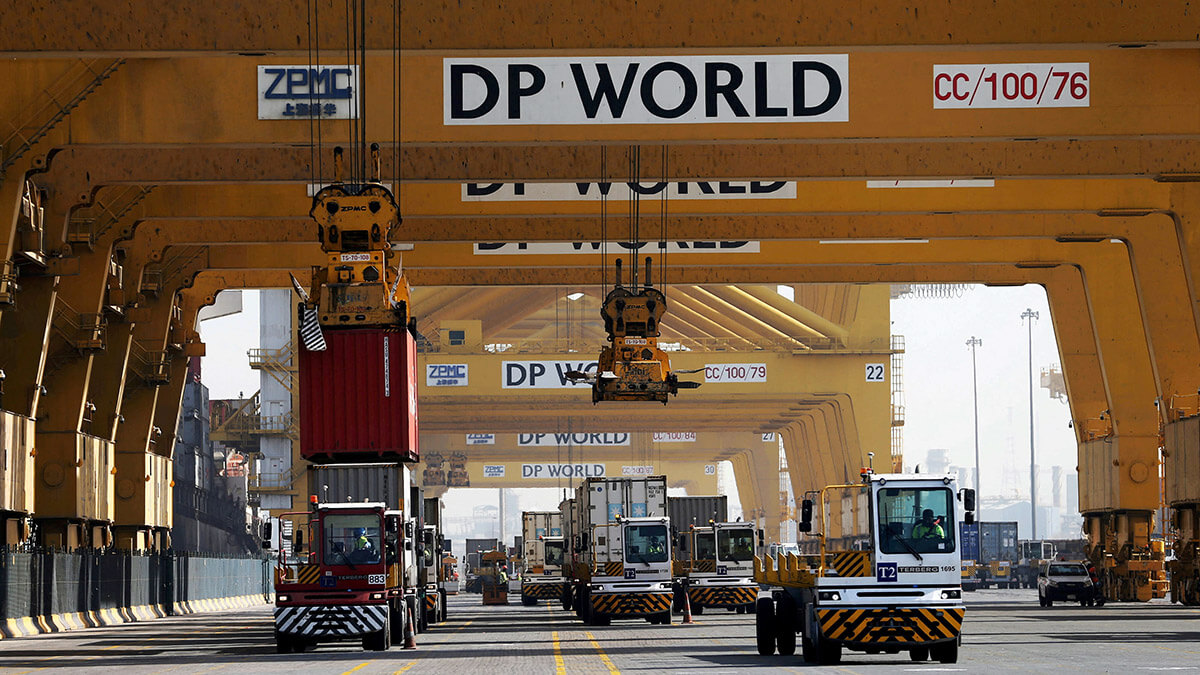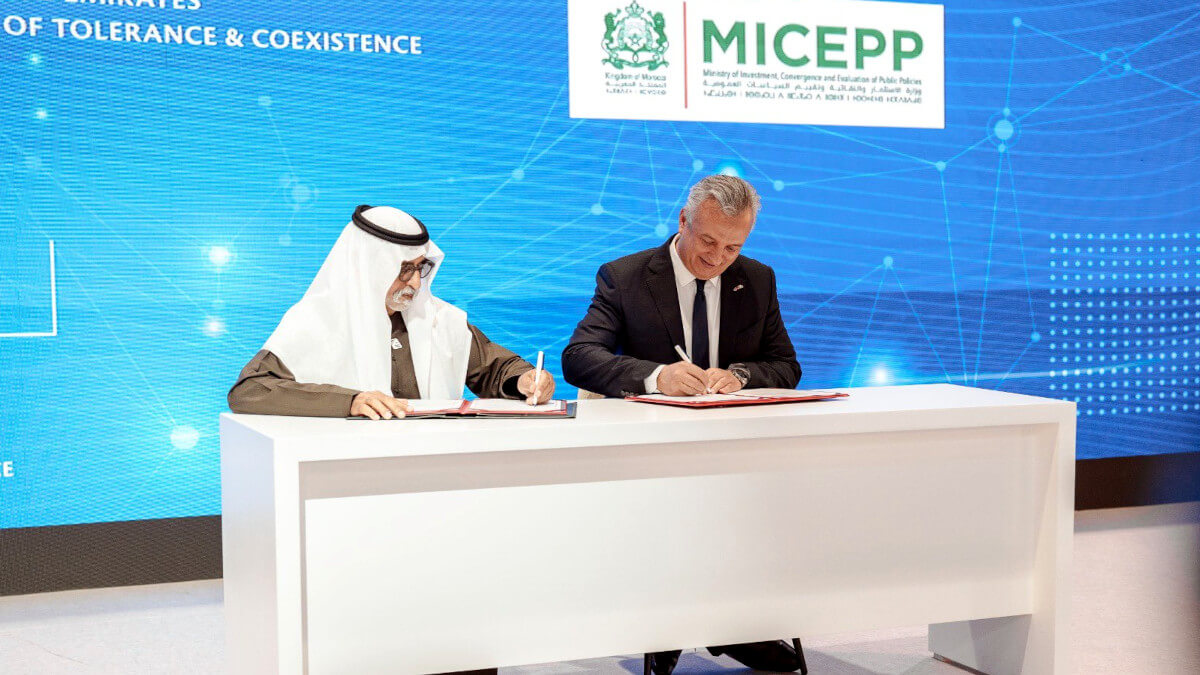United Arab Emirates reports its best non-oil foreign trade figures

The United Arab Emirates (UAE) has achieved record figures in non-oil foreign trade, thus fulfilling one of the government's key objectives. Through the opening of markets and the attraction of foreign investment, the country has achieved growth of more than 25.4% in the first half of 2025, representing the best growth figures among the Gulf countries.
According to the UAE Minister of Foreign Trade, Thani bin Ahmed Al Zeyoudi, the total value of exports reached 460 billion dollars. These figures show that the increase in exports was 14 times higher than the global average, which stood at 1.75% compared to the 25.4% growth in the Emirates. For Zeyoudi, this increase reflects the strength of the country's economic policies and long-term strategic plans.

These figures represent double the value of exports in 2020, according to the country's Prime Minister and Vice President, Sheikh Mohamed bin Rashid al Maktoum, on his X account.
Part of the economic boom has been the result of the implementation of 10 of the 28 foreign investment agreements that have come into force this year and are expected to remain in place until 2028. ‘Today's results are the fruit of sound and consistent policies,’ said the UAE's Minister of Foreign Trade.
Imports also showed robust growth. The UAE's strong position in the Gulf, as the second largest economy behind Saudi Arabia, has led to a 22.5% increase in imports, representing $100.75 billion.
Finally, he added that the country's short-term objectives are to expand its international investment network, position itself as a global commercial centre and expand its presence in international value chains.
Since the intensification of economic regulations by the Ministry of Foreign Trade, the contribution of non-oil exports to total trade exceeded 21.4%. These results were interpreted by the minister as a complete success.

Economic data for the Emirates
Other figures supporting the Emirates' efforts, according to reports from the World Trade Organisation, are as follows:
- The United Arab Emirates ranked 11th among the countries that export the most goods, 13th in services exports, and 21st in digital goods exports.
- The Emirates accounts for 41.4% of Middle Eastern goods exports and 26% of global service exports.
- The Emirates officially has a surplus of more than 134 billion dollars, making it the fifth country in the world with the best trade balance.
- The UAE is the country that has contributed most to the growth of the Gulf countries' economies, with 3.2% by 2025.
Institutionalising foreign trade
During the Conference, in view of the results, the Ministry agreed to approve a federal structure within the Government whose objective will be to control the transition from re-exports to direct exports and the search for specific markets.
Expanding the institutional structure to improve the effectiveness of trade policies, in the words of the minister, is part of the country's efforts to achieve new and better trade agreements that will benefit and result in tangible positive performance.

Zeyoudi also noted the importance of the impact of comprehensive economic partnerships with developing economies such as India, Turkey and China. The UAE has increased its trade balance with these countries by 33%, 43% and 15% respectively.
For the coming years, the government has set itself the goal of further reducing the country's dependence on oil exports, despite being one of the world's leading suppliers of crude oil and with non-oil exports already accounting for 75.5% of the total.










